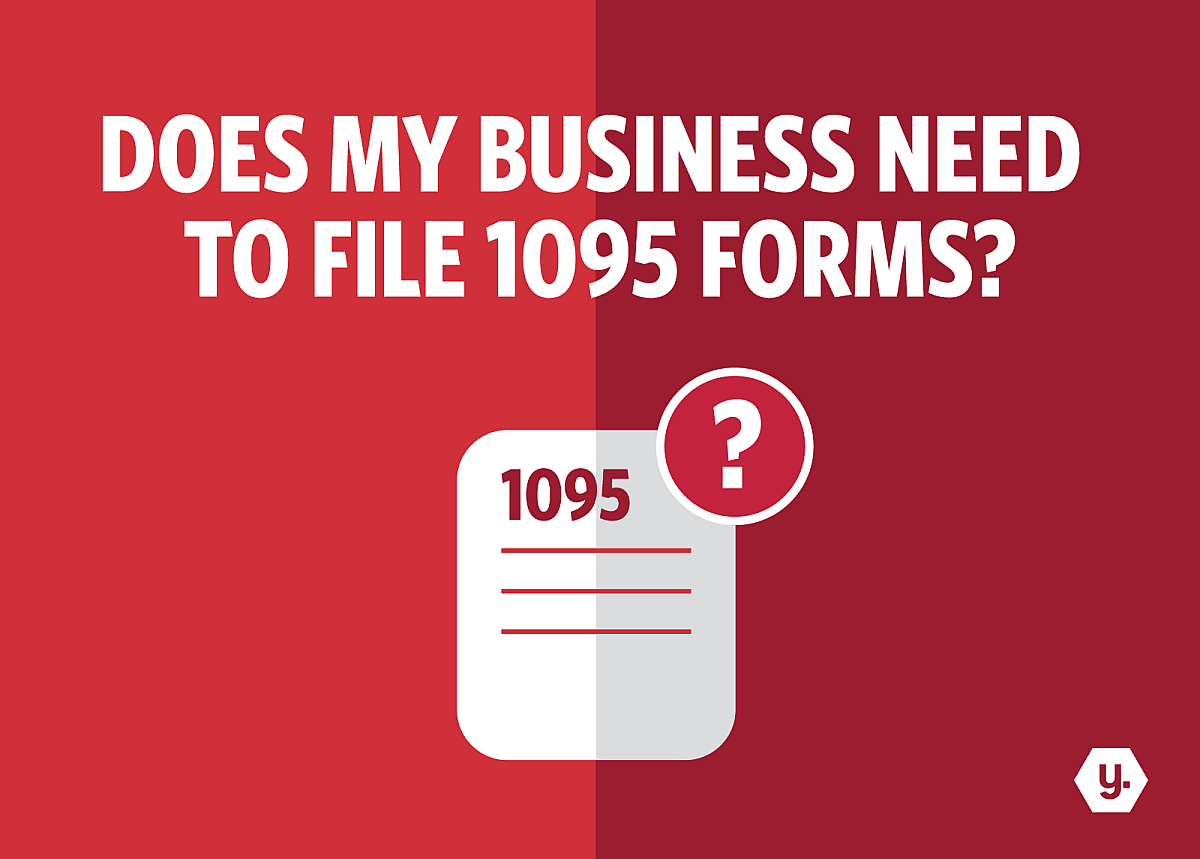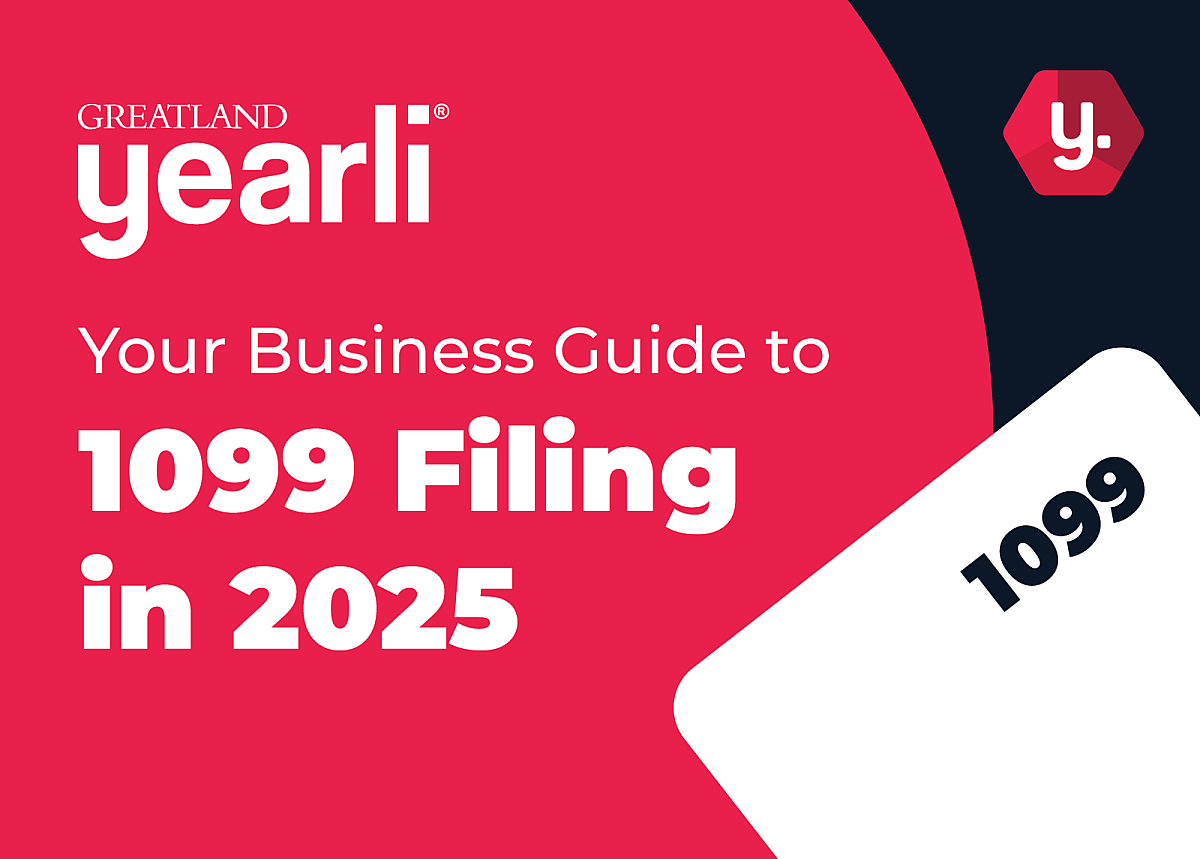
IRS Extends Due Date for Employers and Providers to Issue Health Coverage Forms to Individuals in 2018
The IRS announced today that it has extended the 2018 due date for certain entities to provide 2017 health coverage information forms to individuals.
Insurers, self-insuring employers, other coverage providers, and applicable large employers now have until March 2, 2018, to provide Forms 1095-B or 1095-C to individuals, which is a 30-day extension from the original due date of Jan. 31.
Insurers, self-insuring employers, other coverage providers, and applicable large employers must furnish statements to employees or covered individuals regarding the health care coverage offered to them. Individuals may use this information to determine whether, for each month of the calendar year, they may claim the premium tax credit on their individual income tax returns.
This 30-day extension is automatic. Employers and providers don’t have to request it. The due dates for filing 2017 information returns with the IRS are not extended. For 2018, the due dates to file information returns with the IRS are:
Feb. 28 for paper filers
April 2 for electronic filers
Because of these extensions, individuals may not receive their Forms 1095-B or 1095-C by the time they are ready to file their 2017 individual income tax return. While information on these forms may assist in preparing a return, the forms are not required to file. Taxpayers can prepare and file their returns using other information about their health coverage. They do not have to wait for Forms 1095-B or 1095-C to file.
More information is contained in Notice 2018-06.
Latest News
-
 November 25, 2025
November 25, 2025New Alternative Furnishing Method for Forms 1095-B and 1095-C Comes with Complexities
The IRS has updated the Affordable Care Act (ACA) reporting process for Forms 1095-B and 1095-C. These changes aim to reduce administrative costs and simplify reporting, but they also create new compliance challenges for employers and health insurance providers.Read More -
 October 8, 2025
October 8, 2025Your Business Guide to 1099 Filing in 2025: Deadlines and Compliance Tips with Yearli
Businesses must prepare for 2025 IRS 1099 filing by understanding key deadlines for Forms 1099-NEC and 1099-MISC and leveraging e-filing tools like Yearli to stay compliant. This guide outlines important dates, recent IRS updates, and practical tips to avoid penalties and streamline the filing process.Read More -
December 30, 2024
Understanding Form 1099-DA: A Comprehensive Guide to Filing for Digital Asset Transactions
As the use of digital assets like cryptocurrencies and non-fungible tokens (NFTs) continues to grow, so does the need for clear tax reporting guidelines. To address this, the IRS has introduced Form 1099-DA, which will be required starting in 2025.Read More
